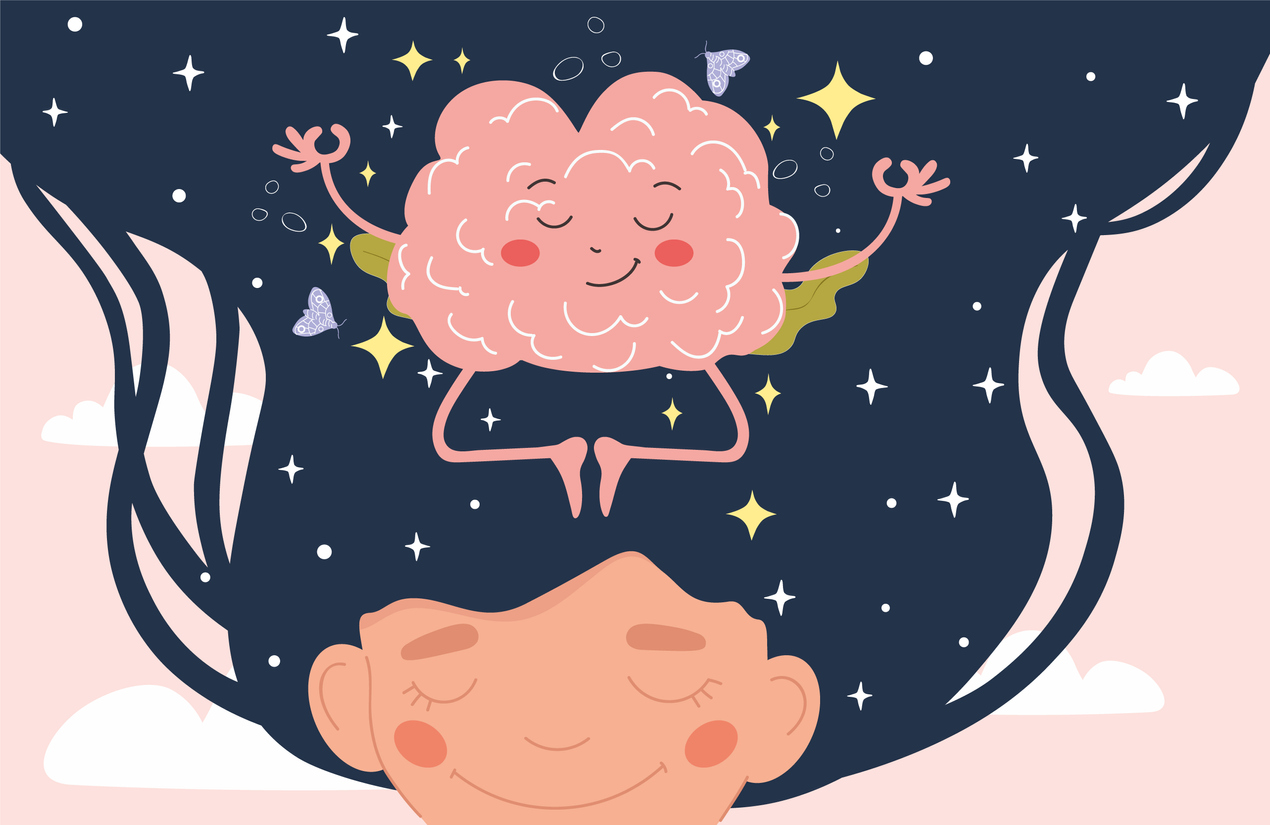Living with Chronic Pain
Dealing With Sad or Depressing News

Bad news involves undesirable, disturbing and annoying events. Examples include an unfortunate diagnosis, relationship problems, loss of a loved one, a life-changing tragedy, or a national crisis. Bad news has an adverse effect on mental well-being. Feelings of despair, sadness, hopelessness, anger and dread can become overwhelming. Although managing the negativity is difficult, coping skills can help.
Breathing techniques
Breathing is fundamental in working to relax and reduce stress. Deep breathing involves taking deep breaths from the diaphragm (the primary breathing muscle) rather than taking shallow breaths from the chest (a secondary breathing muscle). This can be achieved by slowly inhaling through the nose while the belly expands, holding for a few seconds, and slowly exhaling through the mouth while the belly deflates. Stress reduction can be achieved by focusing on the breath.
Take a break
A sense of responsibility can occur from upsetting news. However, overwhelming oneself with it can trigger depression or anxiety. While it is unrealistic to completely separate from all bad news, it is beneficial to set aside time, alone or with loved ones, that is purposefully structured to not discuss it. Finding a hobby, game, TV show, etc., can also help from dwelling on the bad news constantly.
Self-care
Self-care is the intentional promotion of overall well-being and mental, physical and emotional health for oneself. Chronic pain is increased when dealing with heightened levels of stress, such as depressing news. Self-care involves taking steps to promote health, prevent illness, and cope with stressors that occur. It also includes refraining from activities that increase stress or harm overall health. Individuals should take time each day to self-regulate and practice much needed self-care.
Negative visualization
Many people naturally focus on the worst possible outcome; however, this may be helpful for anyone dealing with depressing news. After thinking of the worst scenario, focus on a positive outcome that can occur. Figuring out the worst that can happen helps with accepting situations.
Exposure
Many people attempt to avoid bad news; however, this typically leads to concentrating on it more often. Repeated exposure to depressing news can result in desensitization of the situation. Small doses of repeated exposure can help with accepting the news and beginning to handle it constructively.
Radical acceptance
Radical acceptance involves accepting circumstances as they are, instead of ignoring it or becoming discouraged. This includes acknowledging and receiving depressing news without trying to change the outcome. When a person tries to alter things or people that cannot be changed, healing is delayed and situations frequently worsen.
Talk about it
Discussing troubling news can actually provide some relief. Finding solidarity and expressing feelings openly helps a person feel less alone and more at ease in certain situations. While distressing events can regularly lead to isolation, connecting with others can ease the burden and responsibility. Others can also help when deciding if anything can be changed for a better outcome.
Additional sources: Psychology Today, Medical News Today, Positive News, ReachOut Australia and Psychology Today


















